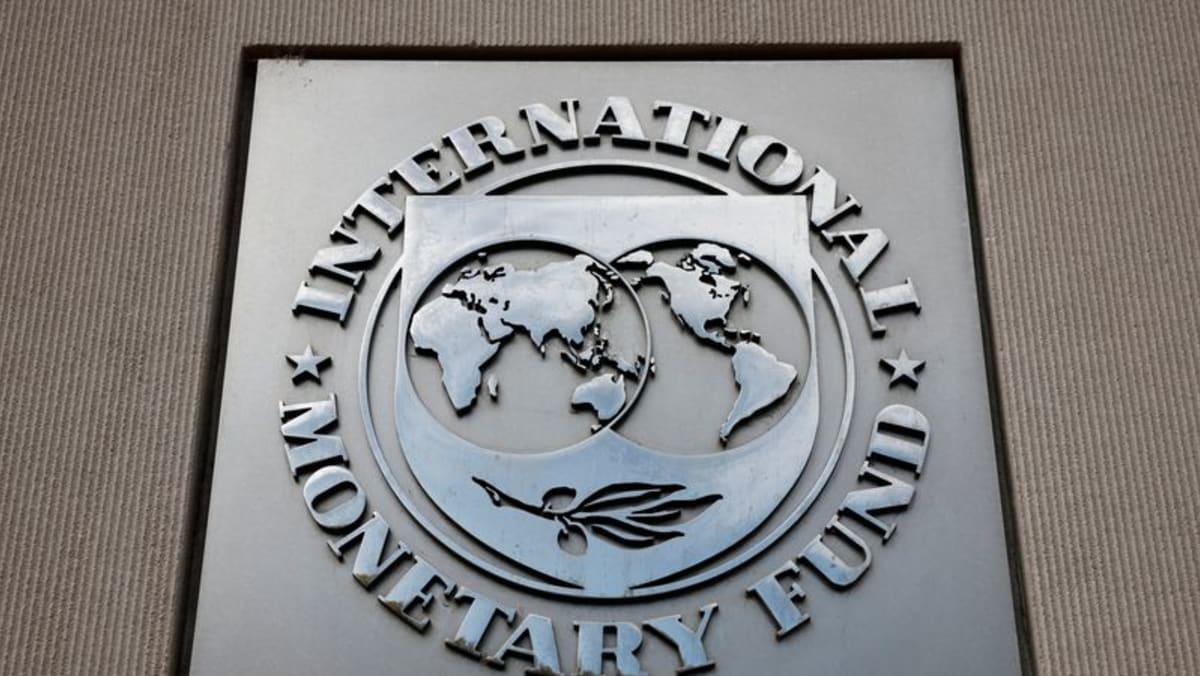Asia
Pakistan sees economy on long-term recovery path under IMF programme

A Path to Economic Recovery: Pakistan’s Journey with IMF Support
Introduction: Pakistan’s Economic Revival
Pakistan’s economy is on a promising trajectory toward long-term recovery, thanks to a stabilization program supported by the International Monetary Fund (IMF). This positive outlook was recently highlighted by Prime Minister Shehbaz Sharif during a significant meeting with Kristalina Georgieva, the Managing Director of the IMF. The discussion took place on the sidelines of the World Government Summit (WGS) 2023 in Dubai, underscoring the collaborative efforts between Pakistan and the IMF to restore economic stability. This meeting was particularly timely, as it came ahead of the first review of a $7-billion IMF bailout package, scheduled for early March. The bailout, secured in September, has been instrumental in helping Pakistan navigate its economic challenges, and the upcoming review is a critical milestone in assessing the progress made so far.
The Meeting: A Dialogue on Economic Progress
During his meeting with Kristalina Georgieva, Prime Minister Shehbaz Sharif emphasized the significant progress Pakistan has made under the IMF’s Extended Fund Facility (EFF). The EFF, which is a key component of the bailout package, has played a pivotal role in stabilizing Pakistan’s economy and setting it on a path to long-term recovery. The prime minister’s office released a statement detailing the discussions, which focused on the macroeconomic stability achieved through the government’s comprehensive reform agenda under the IMF programme. The meeting highlighted Pakistan’s commitment to adopting structural reforms and maintaining fiscal discipline, which are essential for sustained economic growth.
Progress Under the IMF Programme: Achievements and Challenges
The IMF’s Extended Fund Facility has been a game-changer for Pakistan’s economy. Since the programme was implemented, the government has made notable strides in stabilizing the economy, despite facing numerous challenges. The programme has not only helped Pakistan address immediate economic pressures but has also laid the foundation for long-term structural reforms. The government and the central bank have expressed confidence in meeting the IMF’s targets, which include improving tax collection, enhancing energy efficiency, and promoting private sector development. These reforms are critical for ensuring that Pakistan’s economic recovery is sustainable and inclusive.
The Road Ahead: Maintaining Momentum and Overcoming Obstacles
As Pakistan prepares for the first review of the IMF bailout package, the government and the central bank are cautiously optimistic about meeting the fund’s targets. However, the road ahead is not without its challenges. Pakistan’s economy continues to grapple with several structural issues, including a high fiscal deficit, low tax revenues, and inefficiencies in the energy sector. To address these challenges, the government has reaffirmed its commitment to maintaining the momentum of reforms, particularly in critical areas such as taxation, energy efficiency, and private sector development. These reforms are essential for ensuring that Pakistan’s economic recovery is not only sustained but also translates into tangible benefits for the people.
Challenges and Commitment: Navigating the Recovery Path
Despite the progress made under the IMF programme, Pakistan’s economic recovery remains fragile and vulnerable to external and internal shocks. The government faces significant challenges in implementing the necessary structural reforms, which require political will and public support. However, Prime Minister Shehbaz Sharif has reaffirmed his government’s resolve to stay the course and continue implementing the reforms under the IMF programme. The government’s commitment to fiscal discipline and structural reforms is crucial for maintaining investor confidence and ensuring that Pakistan’s economic recovery remains on track.
Future Prospects: Building a Sustainable Economic Future
The future of Pakistan’s economy looks promising, provided the government continues to implement the reforms under the IMF programme. The upcoming review of the bailout package will be a critical test of Pakistan’s commitment to economic stability and reform. If the government successfully meets the IMF’s targets, it will not only secure the next tranche of the bailout package but also send a positive signal to international investors and donors. This, in turn, will help Pakistan build a sustainable economic future, where growth is inclusive and benefits all segments of society. The IMF’s support has been a lifeline for Pakistan’s economy, but the ultimate success of the programme will depend on the government’s ability to stay committed to the reforms and ensure their effective implementation.